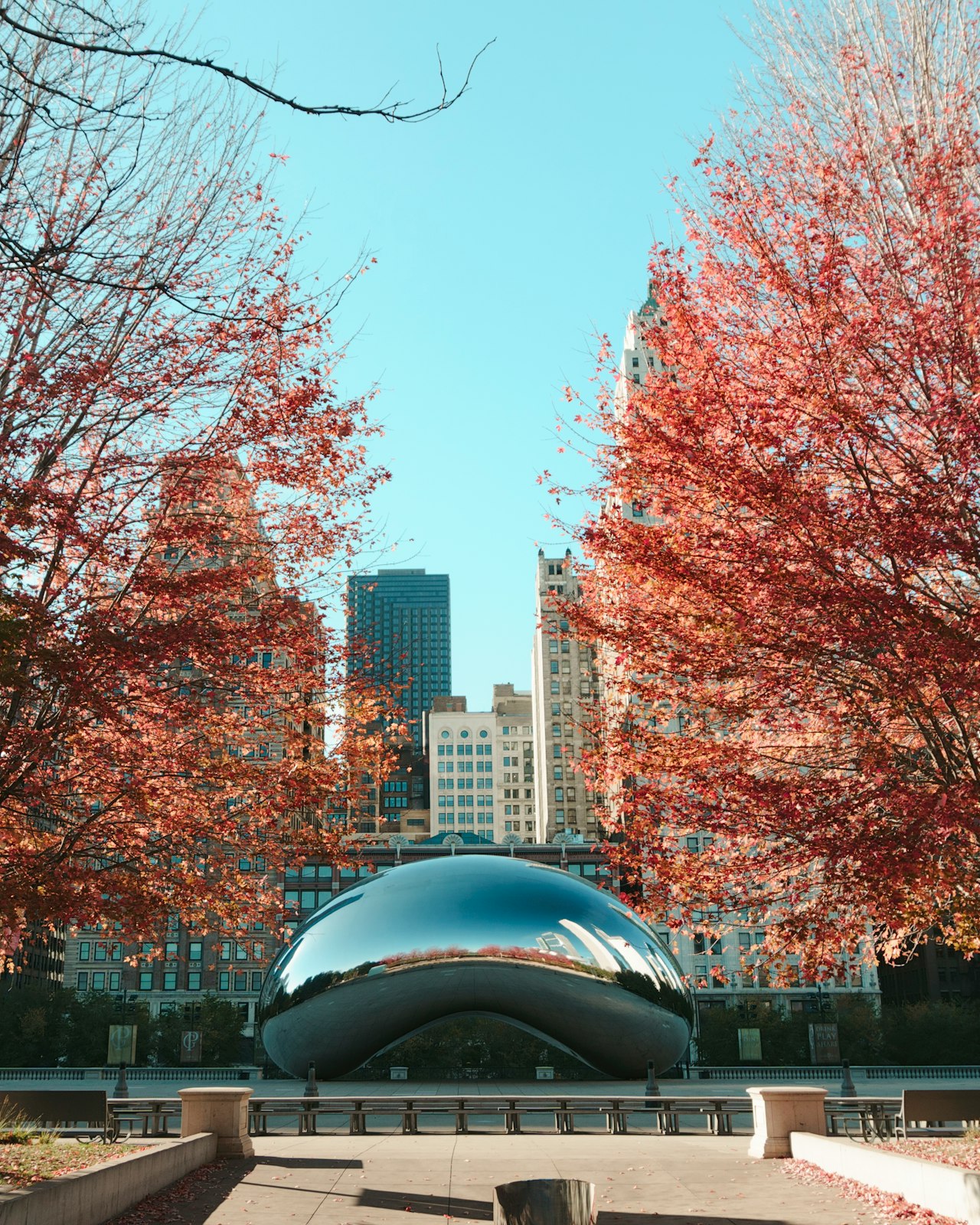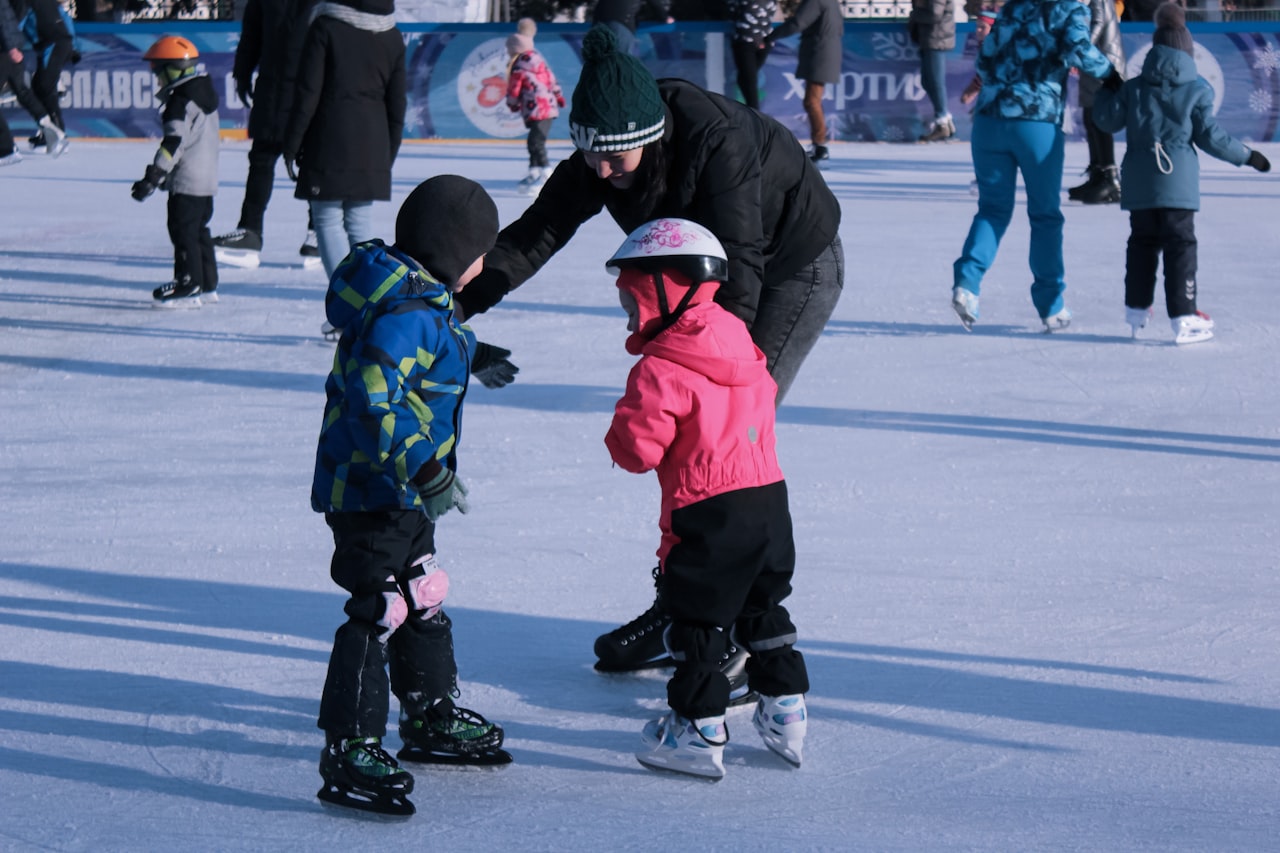To quote Game of Thrones, winter is coming. The mercury may still be above freezing, but temperatures are dropping. The wind is starting to bite, and the leaves are piling up. Any Chicago native knows that winter can come quickly; when it does, it gets COLD. Temperatures in the windy city can hit below -20 at their lowest. Optimists will say that real winter is still months away, but you can never prepare for winter too early. Now is the perfect time to prepare a Chicago property for winter.
Any homeowner knows that preparing a property for winter takes time and planning. That goes double for property managers. You may have multiple properties or a big multifamily building, and tenants rely on you. Freezing temperatures can cause damage to your property and pose a risk to your tenants. Being adequately prepared for winter will save you money, hassle, and time when the snow starts to fall.

1. Prepare for snow removal
This may seem obvious, but you would be surprised how many people leave this too late. Whether you have a sizeable multifamily complex or manage a few homes, you need a snow removal plan. Waiting too late to stock up on supplies or contract a removal service can mean inflated prices or long waits.
If you plan on snow and ice removal yourself, check your supplies from last year. Ensure you have everything you need, like shovels and grit, and it’s all in the right place. If you manage a larger property or several properties, getting a snow removal service may be a better idea. You can easily find contractors in your area and reserve them early through apps like AllBetter.

2. Have your HVAC system thoroughly inspected
If you prepare a Chicago property for winter, you will want to have your HVAC systems fully inspected. The last thing you want is for the temperatures to plummet and the heat to go out. Freezing homes do not make for happy tenants. Sub-zero weather also puts an added strain on your heating. Taking the time to inspect it now can save you from significant failures at inconvenient times.
Severe weather may mean that you can’t even get someone out immediately to solve an issue if it happens. An emergency call will be more expensive than preemptive repairs if you can get someone. In the coldest months in Chicago, a lack of heat can be more than an inconvenience. You will be forced to house tenants elsewhere until you get it fixed, which can be a considerable expense.

3. Check your exteriors for cracks and gaps
Multifamily buildings mean high heating costs for property managers in winter. Communal areas must be kept warm, with many doors opening and closing and letting the heat out. Saving money on energy costs should always be a priority for property managers, especially in winter. You can’t stop people coming and going, but you can ensure you’re not losing heat in other ways.
Doing a full inspection of building exteriors for cracks and gaps is a great way to prepare a Chicago property for winter. It is a windy city, and small gaps in caulking or exterior doors can translate to significant heat losses. However, these inspections can be time-consuming, so hiring a contractor may be a good idea.

4. Winterize exterior piping
If you have lived in Chicago long enough, you’ve probably seen a burst pipe that frozen solid at least once. When water turns to ice, it expands; the ice in your pipes is no exception. Most pipes will run internally or underground and be shielded from the worst freeze. However, any external plumbing is at risk of freezing solid and bursting.
Luckily, winterizing your plumbing is not that complicated. You can pick up pipe insulation from most hardware stores cheaply and easily. Fully wrapping your exterior pipes in insulation will protect against freezing and cracking. The last thing you want is to pay an emergency plumber to deal with burst pipes in the middle of a freeze!

5. Check the roof and gutters
It is easy to forget, but snow is frozen water. It may seem dry and fluffy, but it will turn back like Cinderella at midnight. When it melts, it needs somewhere to go. If your gutters are still filled with leaves from fall, that can spell trouble. Snowmelts that can’t drain can cause anything from broken gutters to leaks and flooding.
To prepare a Chicago property for winter, it is essential to ensure that your gutters are clear and crack-free and that you do not have any loose shingles. With significant snowfalls and heavy winds, the roof of your property is the most likely part to take damage in a storm. Giving it a once over before winter can save you from more expensive damage.
6. Prepare vacant units
One of the most common winter mistakes that property managers make is forgetting about vacant units. When a house or unit is occupied, the heat is on, and the water flows. That keeps the freeze at bay and prevents damage. If you have a property not inhabited during winter, you must winterize it fully. Failing to take the proper precautions can result in significant issues.
The most important thing to do is prevent the water from freezing in your plumbing and water heater. Winterizing your plumbing is easy, but you must be sure to do it properly. First, shut off your water main valve. Then, you want to drain all the water from your plumbing and water heater. Run all your faucets, drain your water heater, and flush toilets until dry. If you can’t get all the water out of toilets, add some non-toxic antifreeze to protect against cracking.
Summary
We get it; winter may still feel like a long way off. But preparing a Chicago property for winter can start right now. The more time you have to get everything in order, the less likely you will forget something. Read our list and make your own so you can check it off because cold weather means complications for property managers and unhappy tenants if you get it wrong.
Save money by booking contractors early and stocking up on supplies. Get the maintenance you need to be winter-ready done now and avoid emergencies and costs. With some planning, winter doesn’t need to be a headache, and you can enjoy the holiday season with peace of mind.
































